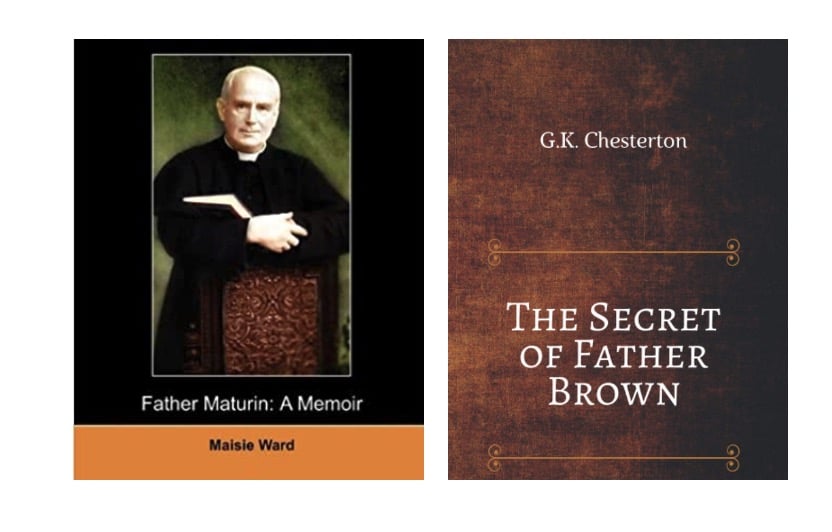I heard the same thing from my own father as Nick Carraway did from his, and John Quincy Adams heard from his mother. Not that I listened very well when I was young.
Nick Carraway is the narrator of F. Scott Fitzgerald’s novel “The Great Gatsby.” At the beginning of the book, he remembers his father telling him, “Whenever you feel like criticizing any one, just remember that all the people in this world haven’t had the advantages that you’ve had.”
This will apply to some people more than others. The need to remember that you have advantages means you have advantages, sometimes very great ones, that other people don’t have.
John Quincy Adams was the sixth president of the United States, and son of the second. His mother, Abigail, gave him the same advice, but added instruction on the “to whom much is given” line of thought. Your advantages set a floor.
“If you are conscious to yourself that you possess more knowledge upon some subjects than others of your standing,” she said, “reflect that you have had greater opportunities of seeing the world, and obtaining a knowledge of mankind than any of your contemporaries.”
Remember, she continued, that “you have never wanted a book, but it has been supplied you, that your whole time has been spent in the company of men of literature and science. How unpardonable would it have been in you, to have been a blockhead.”
My father gave the instruction as it was needed. When I was being unkind or critical or judgmental, he’d point to something I had that my target didn’t, or a burden they had that I didn’t. I don’t think he ever said, “There but for the grace of God go you,” but I eventually got the point.
Sometimes, the truth hits you in the face. As I wrote a few years ago, one night a huge tree about 12 feet from our house fell. It could easily have fallen at an angle that might have killed me or my daughter. Instead, it fell in the only place it could fall without causing major damage. It fell in the side yard and curved around the front of the house, with just a few branches touching the car in the driveway.
I’d written happy Facebook posts and emails to friends, feeling blessed, when my friend Leticia Ochoa Adams posted a note on Facebook that she’d lost her eldest son to suicide. She’d suffered many pains growing up that I hadn’t, and on top of them all, she’d suffered a gutting loss when my family and I had been blessed with lives we could have lost.
Having some idea of the advantages you’ve enjoyed should make you more humble about your accomplishments and more accepting of other people’s failures. And also much quicker to give credit to people who help you do what you do. You’ll live by Jesus’ warning that “to whom much is given, of him much will be required.”
A widening sympathy seems to me part of maturing in general and Christian maturing in particular. A friend who studies such things tells me it’s a natural part of adult development, or should be.
As you get older — if you’re paying attention to other people’s lives, and many people don’t — you learn more about other people’s struggles and your own advantages. Life beats you up, you see it beat up other people, and you learn how life seems to have decided to beat up some people more than everyone else, in some cases to beat them down so badly they can’t get up.
You feel more deeply what others have suffered because you’ve suffered a little that way yourself. You should grow in sympathy, but specifically in the knowledge that justifies sympathy. Like knowing something about the astonishingly subtle and long-lasting effects of trauma, for example, which many people don’t know about or grossly underestimate. And you should be continually seeing more clearly what other people face and what you have.
One advantage, which some people have and others don’t, is the advantage of having been loved unconditionally the better. To this advantage, Jesus’ warning especially applies. We need to build on the love we feel to make others feel loved.
That can change lives. Christians talk as if the gift of faith is equally inviting to all, but it isn’t. You won’t believe the claim that God loves you if your life has taught you that you aren’t lovable.
St. John says that if we don’t love the people we see, we can’t love the God we don’t see. The same is true in reverse. If we haven’t been loved by those we see, we won’t believe that we can be loved by the God we don’t see.
To bring people to Our Lord and into his Church, start by loving them. You’ll never go wrong imitating Christ as a way of bringing people to Christ.
David Mills writes from Pennsylvania.


